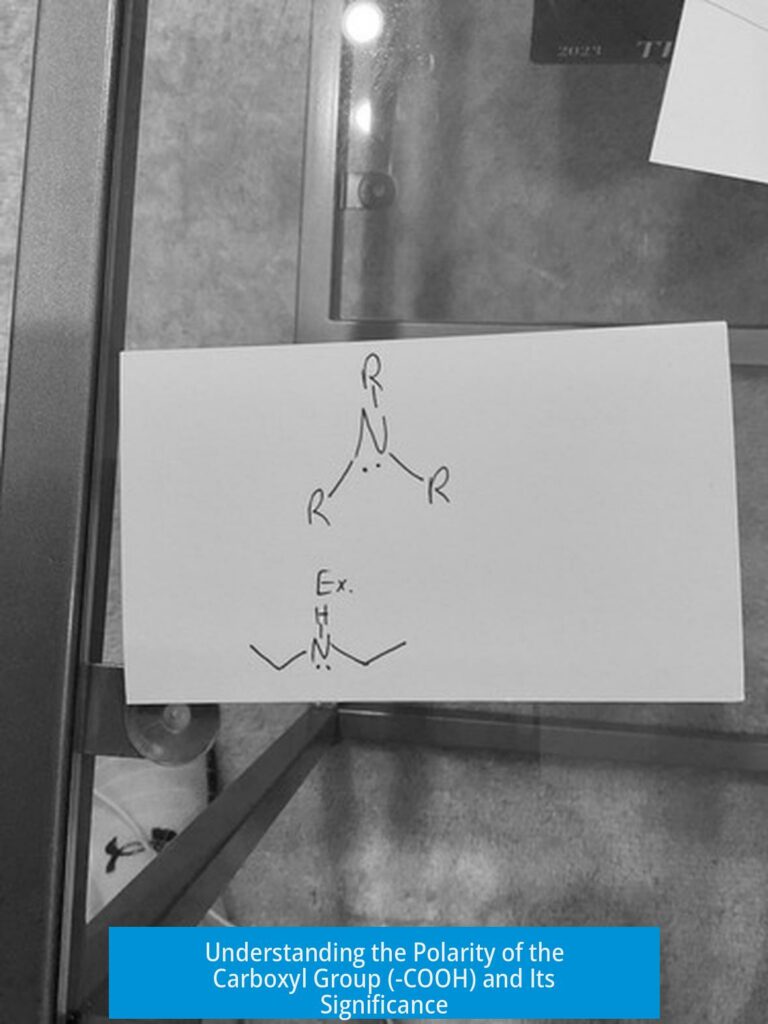I Love Chemistry, But I Also Love Money: Balancing Passion and Financial Goals
If you love chemistry but also want to make money, you need to understand that pure chemistry roles often pay less than other STEM fields. However, combining chemistry with engineering, business, law, or technology can offer lucrative career paths. Pursuing advanced degrees or alternative careers like patent law, sales, or computational chemistry may also increase earnings. The key is aligning your passion with strategic education and career choices to balance job satisfaction and income.
Challenges of Making Money in Chemistry
Chemistry as a Low-Paying Field
Chemistry, as a profession, often offers lower salaries compared to other science, technology, engineering, and math (STEM) careers. Many bench-level chemists report modest pay, especially in academia. Even with a PhD, salaries tend to be significantly lower than those in fields like tech or finance. Industry jobs rarely pay well unless you have additional technical skills or management roles.
For example, a PhD chemist working in sales might earn less than colleagues in technology or finance sectors. The pay scale is usually limited if you remain solely in laboratory or research positions without climbing management ladders.
Extended Education and Opportunity Costs
Obtaining a PhD in chemistry requires years of intensive study and can delay financial rewards. The path yields fulfillment but carries considerable opportunity costs. Movement is often necessary to follow job availability.
Industry tends to hire from top-ranked graduate schools. This means aspiring chemists aiming for competitive salaries must secure admission to a highly ranked program and possibly relocate. Comparatively, many industries value managerial or business degrees even more once the scientific foundation is established.
Career and Educational Pathways to Combine Chemistry Passion with Financial Success
Pursue Chemical Engineering for Higher Pay
Chemical engineering generally offers better compensation than pure chemistry roles. Engineers typically focus on optimizing industrial processes—reducing waste and improving efficiency—which commands higher pay.
- Chemical engineers apply chemical principles to practical problems, often earning more than chemists.
- The field combines industrial knowledge with chemistry, making it attractive for financially motivated students.
- Note, however, that artificial intelligence may automate some process optimization tasks in the future.
Dual Majors or Minors in Business or Law
Pairing chemistry with business or legal education increases earning potential. Many chemists eventually transition into management or patent law.
- Getting a minor or dual major in business can prepare chemists for roles in managing teams or projects.
- Law school with a chemistry background opens pathways to becoming a patent attorney, a lucrative profession.
- Advanced degrees like an MBA combined with chemistry improve salary prospects.
These paths often mean leaving the bench but gain connections with cutting‐edge technologies and managerial roles.
Advanced Degrees for Expanded Opportunities
A doctorate expands opportunities beyond conventional chemistry jobs. PhD holders often work in specialized fields such as semiconductors, materials science, or applied research.
Those with graduate qualifications may find roles inaccessible to holders of only bachelor’s degrees. This advanced training can justify higher compensation and specialized career tracks.
Alternative Chemical-Related Careers with Higher Pay
Chemistry skills can lead to lucrative careers outside core scientific roles.
| Career | Details |
|---|---|
| Sales & Management | Technical sales of chemical products can be lucrative, sometimes exceeding $200,000 annually without doctoral degrees. |
| Patent Law | Combining chemistry knowledge with a law degree allows work as patent attorneys, a well-paid niche. |
| Consulting | Companies pay well for external consultants with chemistry expertise. |
| Computational Chemistry & AI | Experts in computational methods, simulation, or AI-driven chemistry are in high demand and command high salaries. |
| Biochemistry/Biotech | Specializing in biotech or biomedical related fields often provides better financial rewards. |
Balancing Passion for Chemistry with Financial Goals
Choose Chemistry for Passion, Not Just Money
Pursuing chemistry purely for money is unlikely to result in financial success. Many chemists enter the field drawn by the intellectual intrigue and the desire to understand chemical phenomena.
Choosing a STEM discipline solely for income may lead to dissatisfaction. Chemical sciences require dedication and curiosity; lacking passion often results in burnout.
Chemistry as a Craft and Career Satisfaction
Many chemists compare bench work to art, where creativity and craftsmanship provide fulfillment.
Compensation varies widely, but the dedication to science often compensates for lower salaries.
Financial Reality and Life Considerations
Realistically, pure chemistry roles often provide limited financial mobility. Basic expenses like rent, student loans, and family costs tend to restrict socioeconomic status.
Prospective chemists should evaluate how passionate they are and realistically consider career satisfaction versus financial needs. Experimenting in the workforce helps refine this balance.
Examples Linking Passion and Financial Outcomes
Personal Career Experiences
Some chemists report decent salaries in applied research or holding degrees combining polymer engineering or materials science. For example, salaries around $84,000 nine years after undergraduate studies are possible.
Others begin in chemical engineering due to monetary preferences despite loving chemistry courses.
Career Success Stories Outside Pure Chemistry Roles
- A chemistry graduate who pursued a top MBA now earns a seven-figure income.
- Dual degrees in chemical and biological engineering commonly lead to high-paying biotech roles.
- Graduates entering management consulting post-PhD attain high earning potential.
Summary Advice on Loving Chemistry and Money
- You do not need a perfect plan now, but aim for education that allows flexibility for future transitions.
- It is possible to be fulfilled and earn well by combining abilities with strategic career choices.
- Fields based purely on potential income seldom yield satisfaction; passion should guide your studies.
- Starting a business around your scientific interests represents one pathway to financial independence.
- Seeking advice beyond academia is crucial—professors may lack industry experience.
- Chemistry alone rarely leads to high income; combining it with other disciplines enhances prospects.
Key Takeaways
- Chemistry alone often offers limited financial rewards.
- Chemical engineering or interdisciplinary degrees improve earning capacity.
- Advanced degrees, particularly PhDs combined with business or law, open lucrative doors.
- Alternatives like patent law, sales, and computational chemistry provide higher pay.
- Passion should remain central; money is secondary but attainable with smart planning.
- Flexibility and willingness to adapt career paths are essential for success.





Leave a Comment